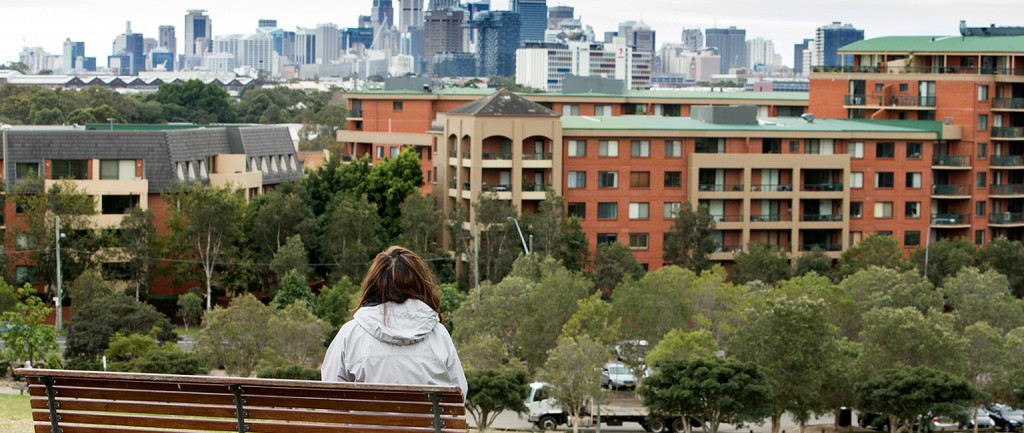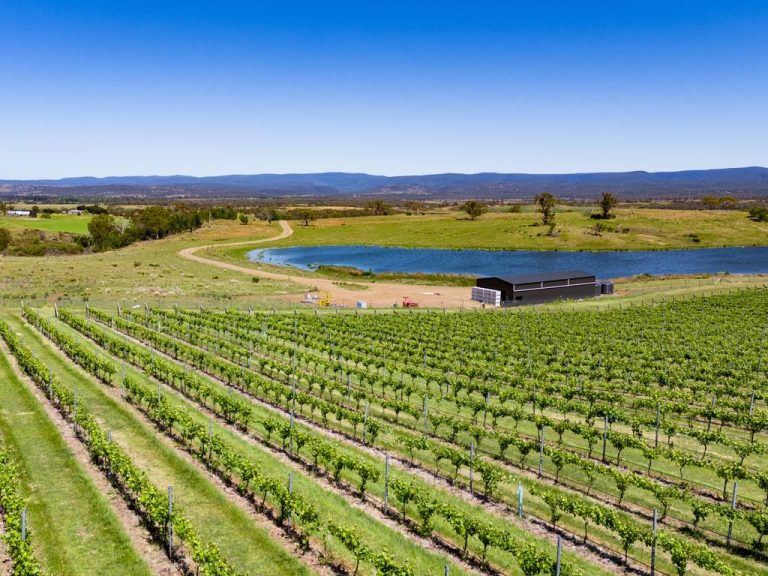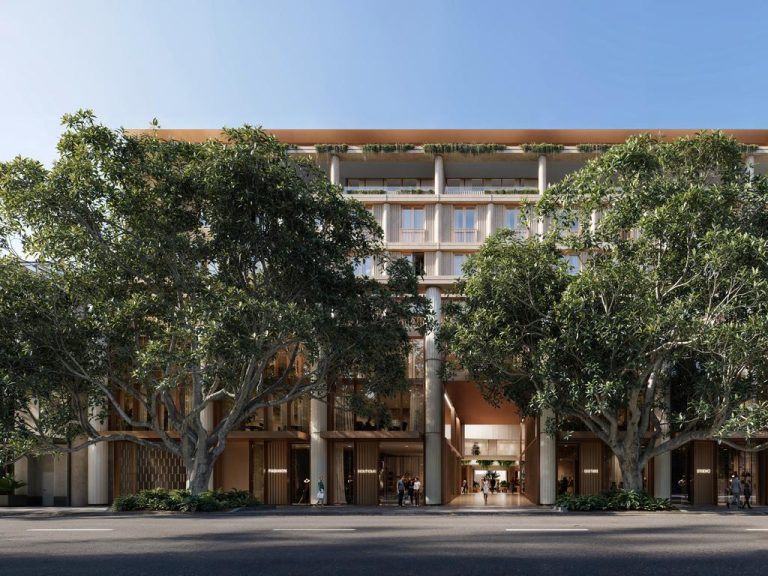Australian commercial property a safe bet in uncertain times

Markets don’t like surprises or uncertainty and the Australian commercial property sector is no exception.
It has been hit with three different forces. Globally, Brexit and US election uncertainty are creating volatile financial market conditions while, closer to home, the possibility of a hung parliament is adding to this turmoil.
The election campaign was a long one and it was expected that last weekend would bring a result.
Federal Election: What it means for commercial property
Even if we do have a result by the end of this week, it is looking increasingly likely that a minority government will be formed.
This means every single bill will need to be negotiated with the crossbenchers and, though some commentators suggest this won’t lead to paralysis in decision making, it certainly looks like it will slow it down.
The policies set out by the Coalition are generally more positive for commercial property.
There are more tax cuts and the likely reintroduction of the Australian Building and Construction Commission. Although a smaller impact, lower electricity prices for building owners are also a possibility.
The one main positive for a Labor Party win is the implementation of a more extensive and faster NBN network.

Australia faces the prospect of a hung parliament.
If a change of government were to occur, the biggest effect on the commercial property sector will be less generous company tax cuts. Labor supports the 27.5% rate for small businesses with turnover of less than $2 million, as per the Coalition’s 2016 budget, but will not reduce the tax rate cut for all companies to 25% by 2026-27.
Small business: Little guys lead office demand growth
Tax cuts allow businesses to grow more effectively and this has positive implications for occupancy in the commercial property sector.
Growing companies need more staff and therefore more office space. While the tax cut for small business is positive, the Labor policy will not benefit larger businesses.
Planned changes to industrial relations will also impact those who develop commercial property. The Coalition wants to re-establish the Howard-era ABCC, arguing it would crack down on lawlessness in the sector.
The policies set out by the Coalition are generally more positive for commercial property
Labor and the unions are staunchly opposed to the ABCC, saying its coercive powers give construction workers fewer rights than accused criminals.
Most developers will welcome the reintroduction of the ABCC because it will make it easier for them to settle disputes.
Labor has proposed a more extensive and faster NBN network than the street “node” proposal advocated by the Coalition.

Australia’s commercial property market is considered a safer bet than many markets globally.
A strong NBN network is important for regional areas. The changing nature of work is enabling more people to move to regional areas and a strong NBN is critical to working remotely.
In addition, businesses located outside of capital cities will be able to operate more efficiently with strong network connections.
Brexit and election uncertainty in the US are more positive for commercial property owners.
Australia competes directly with the US and Britain for global capital and these three countries are generally in the top three destinations for offshore capital.
Labor and the unions are staunchly opposed to the ABCC, saying its coercive powers give construction workers fewer rights than accused criminals
With what is happening in the US and Britain, Australia looks even more attractive. Although we have an uncertain political outlook, we still have a high-growth economy, a low sovereign risk and high transparency.
While a change of government may be less positive for occupier markets, neither party will have much control over the volatility we are seeing globally.
This will continue to make property, and Australia, a safe bet.
Nerida Conisbee is chief economist at REA Group.
This article originally appeared on www.theaustralian.com.au/property.







